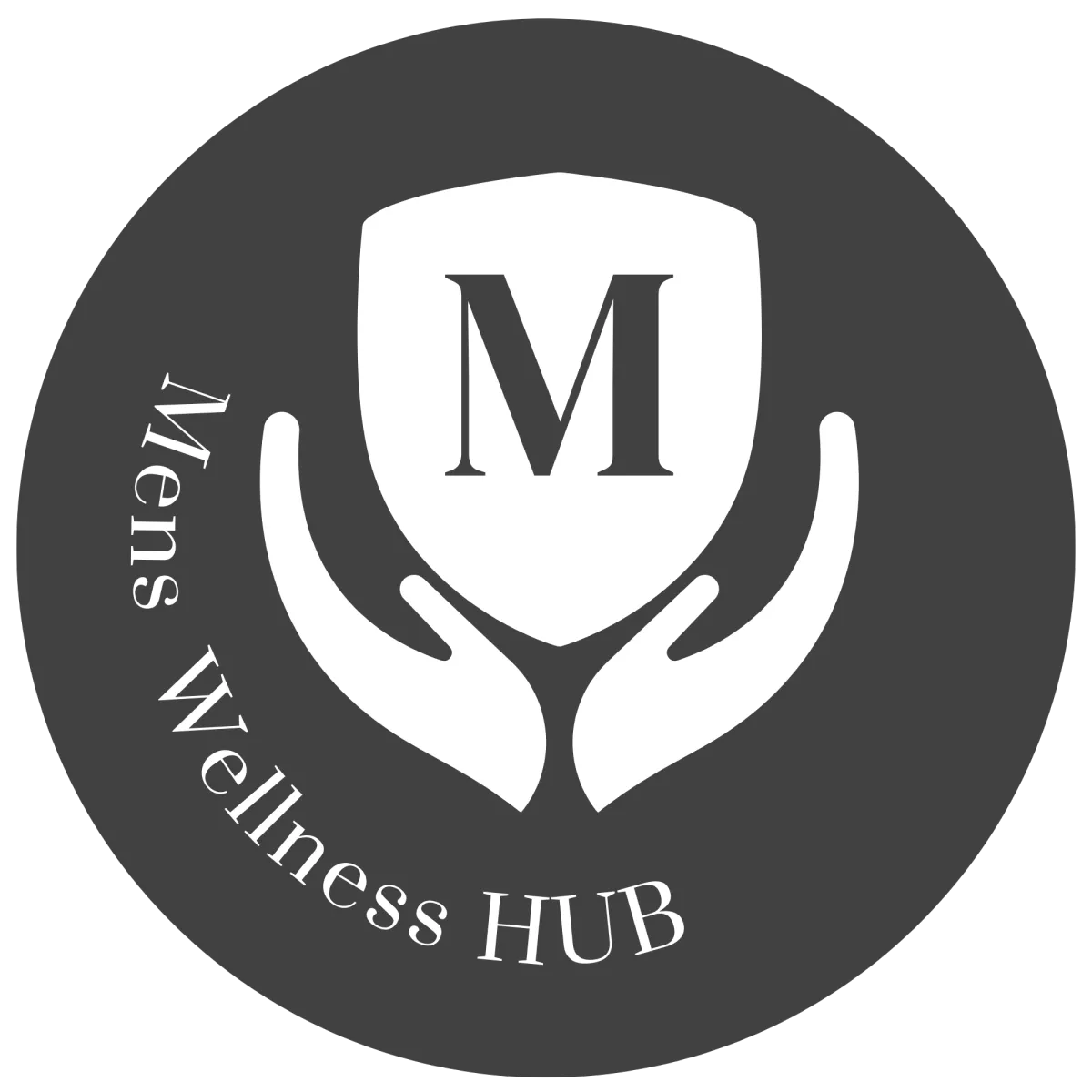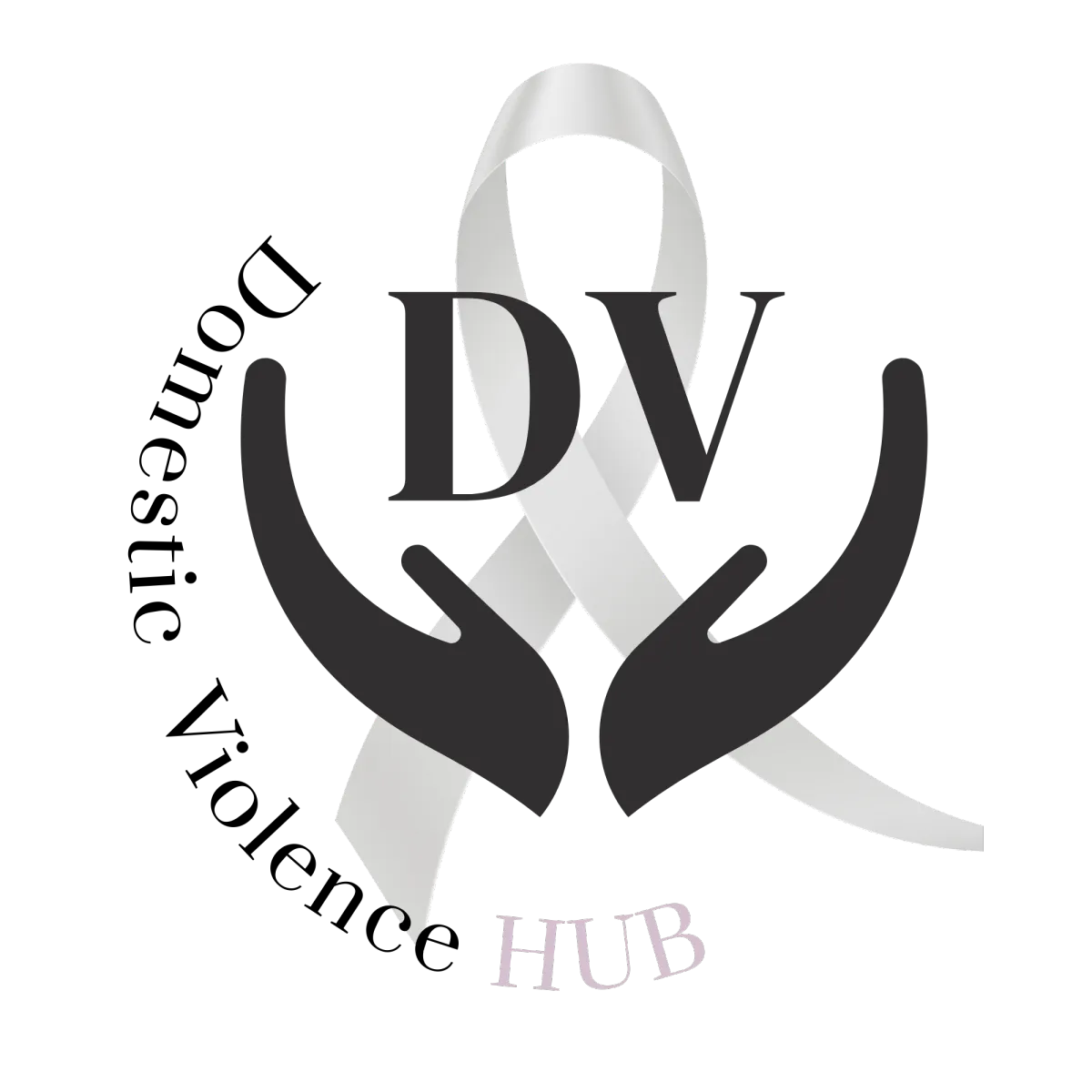Men's Separation, Divorce & Co-parenting
**This website is under construction**
Men's wellness hub is part of the Family Counselling Support Network company
which offers Australians health and wellness support no matter who, where and why.

Lorem ipsum dolor sit amet. Id ullam voluptates et maiores enim qui nihil iusto ut odit alias ut nesciunt debitis. Et asperiores numquam ex libero eius ab tenetur molestias ut Quis iure. At voluptatem quisquam qui nihil enim qui nemo galisum. Est optio esse et rerum fugiat sed corrupti culpa ea modi dicta est magnam sunt a eius temporibus qui officiis voluptatibus.
Visit our
Separation Support Network
Website
Susan, your additional content goes here
Men's Wellness Hub Directory
Men's Wellness Blog Posts
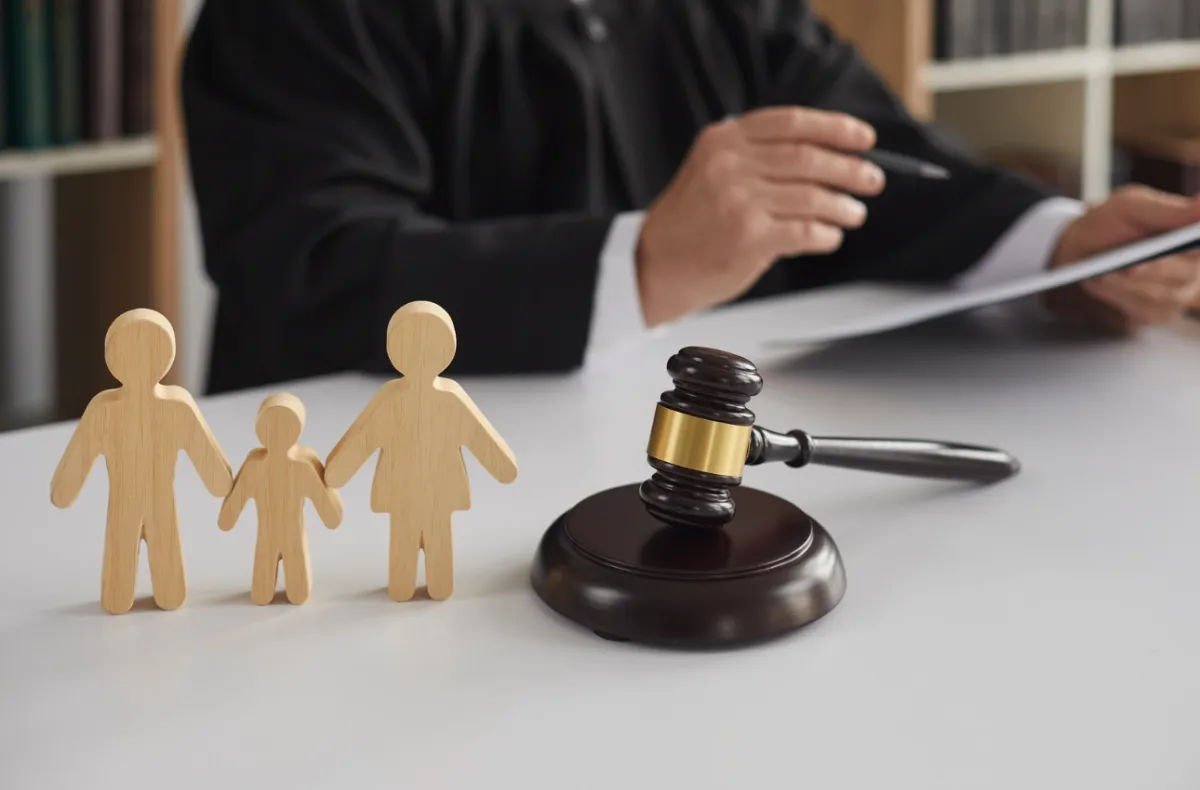
Family Reports in legal proceedings
A Family Report is used to provide a court with an independent assessment of a family law dispute. It offers an independent, expert view of the issues surrounding the parental dispute, which assists the court in making a decision about the child’s best interests in resolving the matter.
As a Family Report can be used by the court to make a decision on parenting matters, it’s important that you fully understand their significance and prepare for any interviews you’re asked to attend.
Why are family reports written?
Family Reports are written to assist parents in dispute about what is in their child’s best interests, or to assist the Court in determining what is in a child’s best interests if the matter is being litigated.
A family report writer’s job is to make observations and recommendations about the future care and living arrangements that are in the best interests of children in parenting disputes.
A family report writer can either be a Family Consultant appointed by the Court or jointly elected by the parties in the parenting dispute. They are usually prepared and written by either a psychologist or social worker who have the relevant skills and experiences with children and families.

Who is interviewed?
After the Family Report writer has been appointed or elected, they will conduct a series of interviews and observation sessions. If your matter is in court, the Family Report writer will also read the affidavit and any other material you and your ex-partner have filed as part of the case.
Usually, each parent is interviewed individually and observed interacting with the child. Depending on the complexity of the case and the number of people involved, others may also be invited to be interviewed. This includes anyone who will be involved in looking after the child or may be living with the child, including grandparents, extended family members, step-parents.
If appropriate, the child or children themselves may also be interviewed. However this depends on their age and health, and the child must consent to the interview.
The purpose of these interviews is for someone independent of the family to gather necessary information and make an informed decision about the best interests of the child. As a result, it’s likely that the interviewer will ask each parent about:
• Your background;
• Your involvement with the child before the separation;
• Whether your involvement with the child has changed following separation, to what extent, and why;
• The issues associated with your family law dispute;
• What you believe will be in the best interests of the child moving forward; and
• Whether you believe there are any risks to the child and/or your response to any allegations that the child is at risk.
PLEASE NOTE: Your interview with the Family Report writer is not confidential, so it is important to remember that anything you say to them can be included within the final report if it’s deemed to be relevant material and has been used to form their judgement.
Do I get to see the Family Report?
In order for you to see a court issued Family Report, it must first be formally released.
Private Family Reports usually take around 4-8 weeks to be released.
Once the report is released, it can only be viewed by you, your ex-partner and the respective lawyers. This means that it cannot be shown to anyone else, including any of the other people interviewed as part of the case unless the court gives permission for this.
It is illegal to publish the report or distribute the information within it.
What happens if I don’t agree with the Family Report findings?
One or both parties may disagree with the observations or recommendations contained in the Family Report. The Family Report on its own is not legally binding on the parties as the Family Court will just see it is an experts opinion, and a judge will therefore use their discretion on how much emphasis they will place on the reports findings.
If you dispute the findings of the report, and your case goes to Trial, you can ask for the report writer to be called as a witness in the trial. That way, they are open for cross-examination on their findings.

This site is brought to you by Family Counselling Support Network
Book in with one of our professionals today
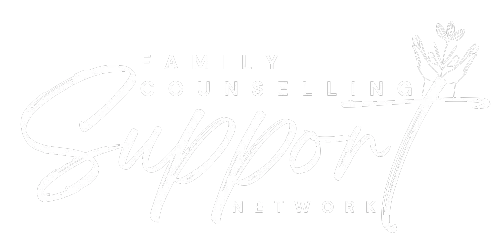
We've Got you!


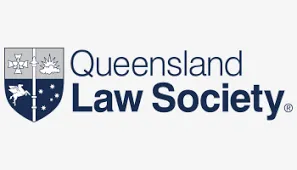
We are committed to protecting your personal information and respecting your privacy. This website uses cookies to analyze website traffic and optimise your website experience. By accepting our use of cookies, your data will be aggregated with all other user data.
DISCLAIMER: The material contained on this website is for general educational and information purposes only and is not a substitute for professional legal, financial, medical or psychological advice or care. While every care has been taken in the information provided, no legal responsibility or liability is accepted, warranted or implied by the authors or Family Counselling Support Network and any liability is hereby expressly disclaimed. For specific advice please contact us at [email protected]. All information contained on the website remains the intellectual property of Family Counselling Support Network and is for your personal educational use only. The information must not be reproduced or distributed without the express permission of Family Counselling Support Network.
Family Counselling Support Network acknowledges and respects the First Nations Custodians of the land where our offices stand, and where we work to help Australians. We pay respects to their Elders, past present and emerging, lore, customs and creation spirits. We recognise that these lands have always been places of ceremony, teaching, research and learning, and we acknowledge the important role Aboriginal and Torres Strait Islander peoples play in our community.
We are committed to providing an inclusive and accessible environment where people and communities of all identities and backgrounds are accepted, safe and celebrated.
Privacy Policy | Terms and Conditions
